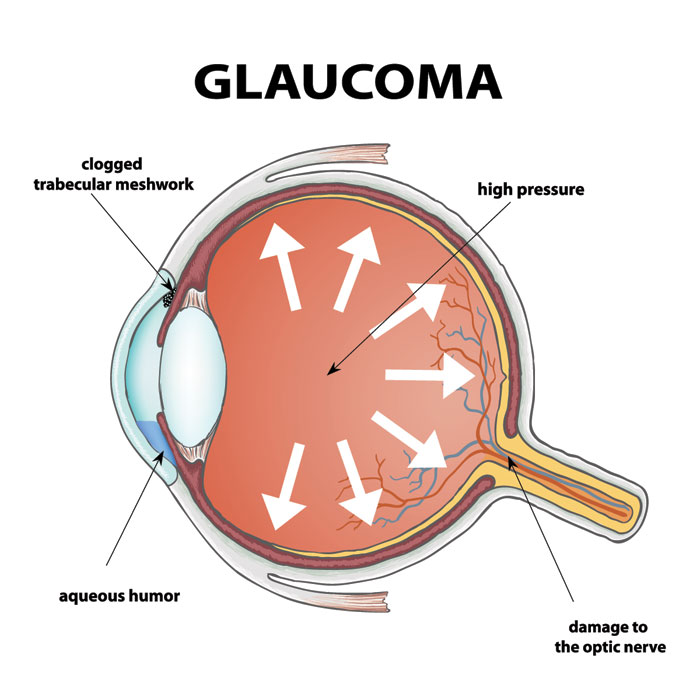Is Medication for Glaucoma Lifelong?
Introduction
Glaucoma remains a major cause of irreversible blindness globally. Early detection and proper management are critical for slowing down vision loss. One of the most common questions patients ask is whether glaucoma medication is a lifelong commitment. The answer depends on several factors, including disease progression, treatment response, and available alternatives.
Types of Glaucoma
Glaucoma comes in different forms, and each type may require a unique approach to treatment:
- Primary Open-Angle Glaucoma (POAG): The most prevalent form, caused by improper fluid drainage that leads to increased eye pressure.
- Acute Angle-Closure Glaucoma: A sudden rise in eye pressure due to blocked drainage. This is a medical emergency that requires immediate care.
- Secondary Glaucoma: Develops as a result of another eye or systemic condition.
- Normal-Tension Glaucoma: Optic nerve damage occurs even with normal eye pressure levels.
Glaucoma Medications
Eye drops and oral medications are the first line of treatment for most patients. Common classes of medications include:
- Prostaglandin Analogs: Increase fluid outflow to lower eye pressure.
- Beta-Blockers: Reduce the production of fluid in the eye.
- Alpha Agonists: Both decrease fluid production and enhance drainage.
- Carbonic Anhydrase Inhibitors: Lower fluid production inside the eye.
- Rho Kinase Inhibitors: Improve the eye’s drainage system function.
- Fixed-Combination Medications: Combine two drug types for better pressure control.
Is Glaucoma Medication Lifelong?
The duration of treatment depends on multiple considerations:
- Disease Progression: Fast-progressing glaucoma often requires continuous medication to prevent vision loss.
- Individual Response: Some patients maintain stable eye pressure with long-term medication, while others need adjustments or alternative treatments.
- Side Effects: Prolonged use can lead to local or systemic side effects, influencing treatment choices.
- Cost of Medication: Affordability plays a role in determining whether medication is sustainable for life.
- Surgical Alternatives: Laser therapy or surgeries like trabeculectomy can reduce or eliminate the need for daily medication in certain cases.
The Role of Regular Monitoring
Consistent follow-ups are essential. Even when vision feels stable, glaucoma can progress silently. Routine eye exams help track intraocular pressure, optic nerve health, and the effectiveness of treatment plans. Skipping check-ups or stopping medication without medical advice can lead to irreversible vision damage.
Conclusion
Glaucoma medication is often a long-term, and sometimes lifelong, commitment. However, the exact duration depends on the severity of the condition, treatment response, and availability of alternative procedures. Regular eye examinations and strict adherence to your prescribed regimen are the most effective ways to preserve vision and maintain quality of life.





Pingback: Early Detection of Glaucoma: Why It’s Crucial for Your Eye Health – LuxuriousRentz